Decoding leisure leisurely
Leisure is little but unproductive consumption of free time
Thorstein Veblen
This quotation speaks volumes about the essential qualities associated with Leisure. Two concepts most intimately associated with Leisure are free time and the quality of experience and involvement in an activity with no stark material benefits. Some philosophers argue that Leisure is an illusionary concept and that there is no rational-logical reason for classifying any time as free. Even when an individual does engage in activities that are not overtly related to his or her profession, household chores, or commuting, it might be impossible to state that the individual is completely disengaged from them. In the free time from these activities, he or she may still be involved in something not entirely separate from them. For instance, a public relations professional may be browsing better ways to design online marketing strategies in her supposed free time, or a housewife would be deep frying snacks in her free time to compete with neighboring housewives.
A subjective experience
I feel that a better lense for analyzing Leisure would be an experience – relaxation, both physical and emotional, and a sense of fulfillment even if the time spent in Leisure did not culminate in something materially productive. Leisure has to be different from normal day-to-day work to reproduce existing social institutions, and it must also be a matter of priority over supposedly productive activity. This sure has to be a matter of choice. According to Maslow’s hierarchy of needs, this matter of choice acts as the highest outlet for unleashing the creative energies of humans. This can serve the purpose of social-psychological needs. A finer distinction should be drawn between Leisure and recreation as the latter is also a mode of production; it reproduces something preexisting to obtain a direct material end. Both Leisure and recreation are not permanent concepts in all societies and for all times to come, and can and are often replaced by each other.
Academic study of leisure
Academic disciplines dealing exclusively with Leisure have also emerged; for instance, leisure studies. The Sociology of Leisure is a new subfield of study in sociology, developed only in the latter half of the twentieth century. It often describes leisure time and leisure activities in terms of income, occupation, or education. According to Sociologist John Robinson, this time not only an economic context but a material foundation that has direct implications on the perceived emotional comfort of those engaged in Leisure. But non-work time should also not be relegated as free time since there are many socio-economic obligations to be met during this time. It is difficult to ascribe or classify the time spent in unpaid activities like volunteering as work, Leisure and recreation. The definition of Leisure is always tied to the definition of work; it is not possible to define one without the other. With the pervasiveness of Information Technology that has connected most parts of the world virtually, it is quite radical that work and Leisure have both overlapped and separated significantly with the rise of the Internet. An interesting sub-field of leisure studies in digital leisure studies focusing on digital leisure cultures. This sub-field studies leisure both materially in terms of spaces and physical resources like electronic gadgets required to engage in this type of Leisure and subjectivities of class, gender, region, etc. In the post-1990s era, this field has rapidly developed and acquired theories and methodologies of its own like virtual ethnography, cyber ethnography, and digital storytelling. However digital divide is so pervasive across India and within communities that only 8% of Indians have proper access to any virtual medium.
Essentially speaking, most sociologists are of the view that Leisure is a profoundly personal experience because it lies at the intersection of so many social institutions like gender, religion, region, etc. This provides a very unique context for individuals and communities to grow and develop, especially because in Leisure, they supposedly exercise their free will.
Leisure and gender
An interesting lens to analyze leisure activities is through the lens of gender. Gender is one of the universal and most elementary binary social divisions. Gender differences are pervasive within and across all human societies. The forms of Leisure are different for men and women and often correspond greatly with their social roles. K.A Henderson has stated that historically there was little distinction between a woman’s work and her Leisure. Since her work of childcare, household chores, and socializing children are assumed to be naturally found in her and are instinctive, it is assumed that she enjoys it, and within the privacy and security of her household, she can do these activities at her own pace (leisurely). There is no reason that a woman requires a separation of work and Leisure as both are one and the same. Since men are more starkly exposed to the public-private distinction – the home and the world– their work and Leisure are separate distinctly. With the advent of capitalism and the expansion of the market economy, the distinction between the site of residence and the site of economic production expanded. Urbanization rates increased the world over, and it became increasingly obvious for the working-class men in urban and/or suburban centers to engage in different pursuits at different times– one with clear material and other with a clear psycho-emotional end. There are, of course, public forms of Leisure like drinking in bars or gossiping at street corners that were predominately male. However, especially after the second half of the twentieth century, when women became more involved in the public sphere, and traditional gender roles came under the radar from the state, popular media, and other social institutions, the types, and manifestations of Leisure became redefined. Concepts like ‘lean in’ became popular, which urged women to do more to compete with men. Women also struggled greatly with balancing both career and home, leaving them with little time that they could “own” without relation to their professional life and commitments at home. Thus, it is an interesting sphere to analyze how and in what intensity do women approach Leisure in the urban areas today. Women are also reclaiming public spaces of Leisure like cafes and bars. However, whether their access is still differential and gendered is also worth analyzing in the fast-changing urban societies.
The young, the middle class, and leisure
Middle class and young adults are at the pinnacle of these quick changes. They have grown past childhood, but are not middle-aged (who have seen much more social change). They are rapidly growing in their social beliefs; they are neither economically impoverished (with huge amounts of economic instability that makes their quality of life hard to define and describe and are sub-classified multiple times over within themselves ) nor ultra-rich with means out of reach for the larger part of the societies. Furthermore, the middle classes form a significant chunk of the urban population and have historically been an important symbolic category for measuring the social change in the past. They also represent relative stability in a society going through multiple changes in social life, all at the same time. The middle classes are simply a residuary category (neither rich nor poor), and neither are they not classified within themselves. But for the convenience of social research, occupational divisions, education, etc. have not been taken into account. With the rise of OTT platforms in the recent past, audience experiences are fast-changing, and in my opinion, this gives them not just quality international exposure, but also an inward glance of lived realities in India beyond their urban experiences. I strongly feel that forces us to reconsider whether or not the middle class is an accurate category to represent India across time and space.
Featured Image Credits: Wikimedia


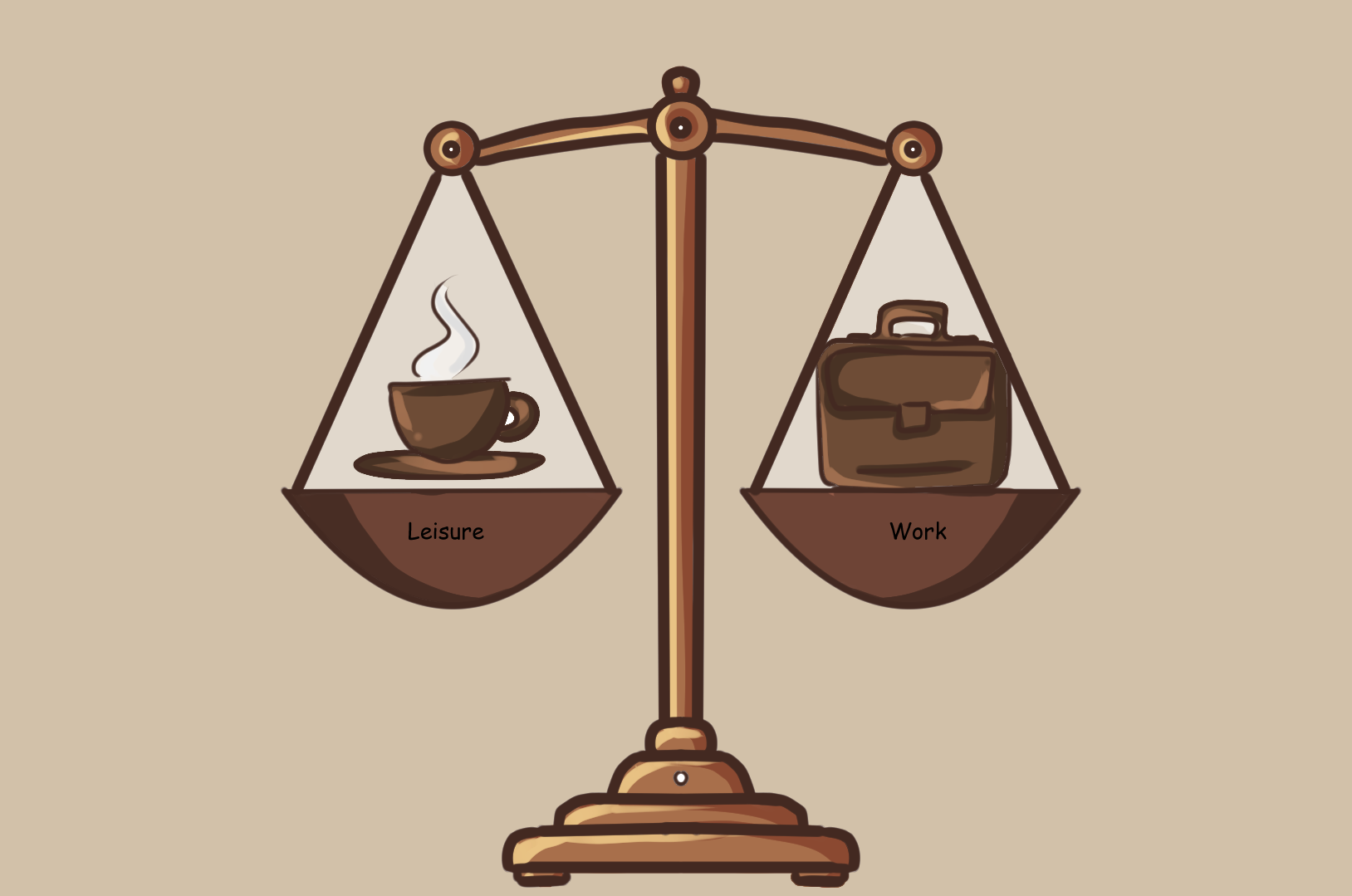
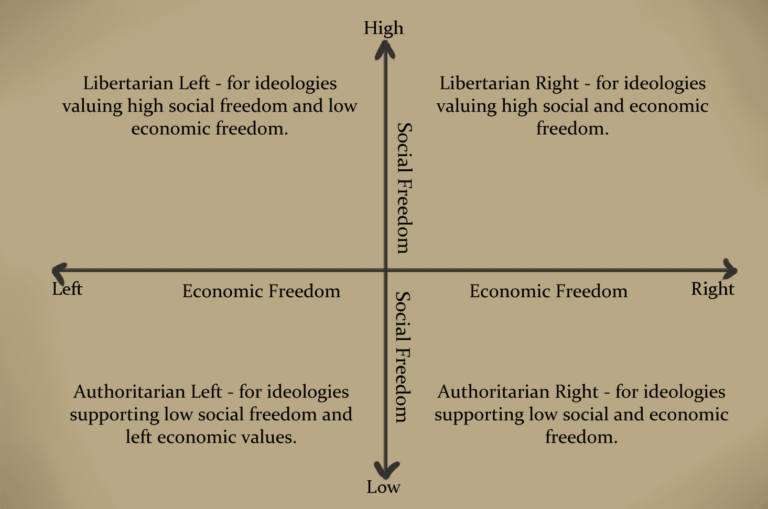
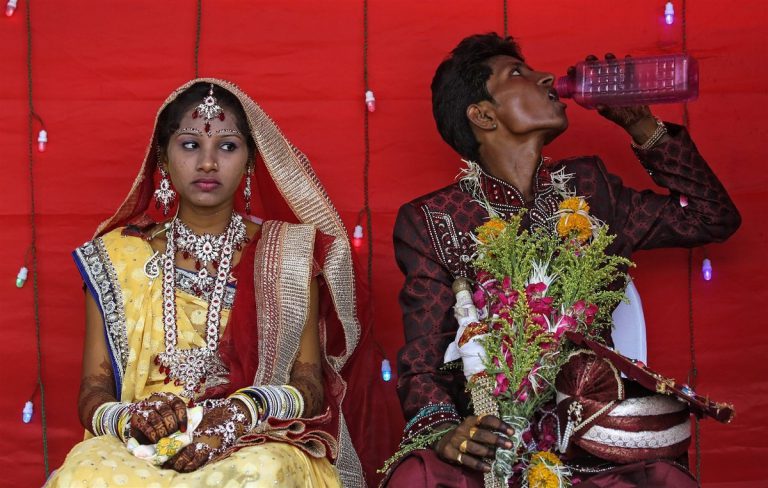
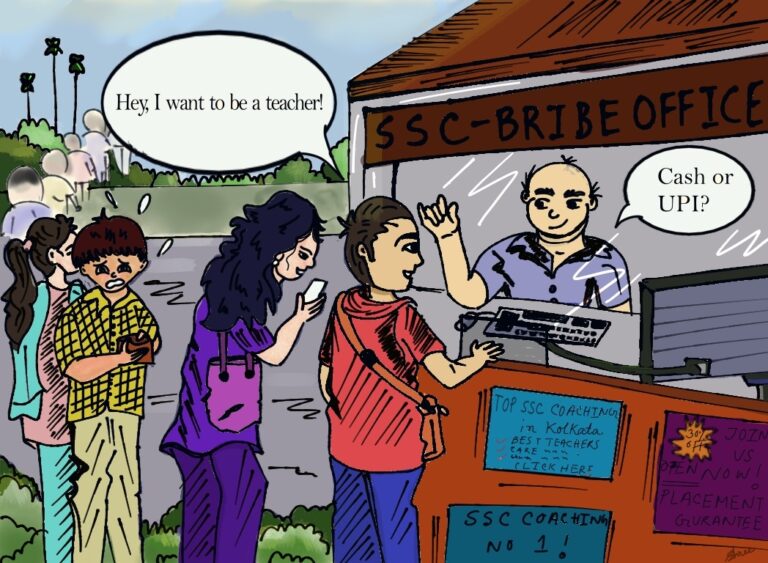
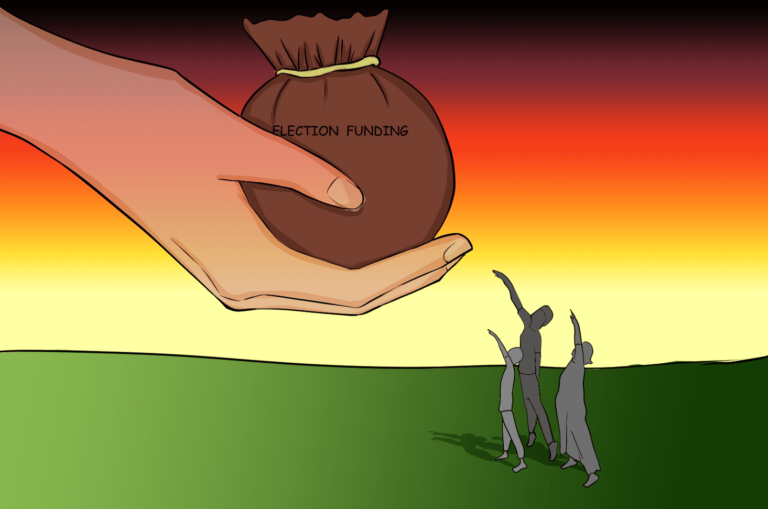


Such a nice article